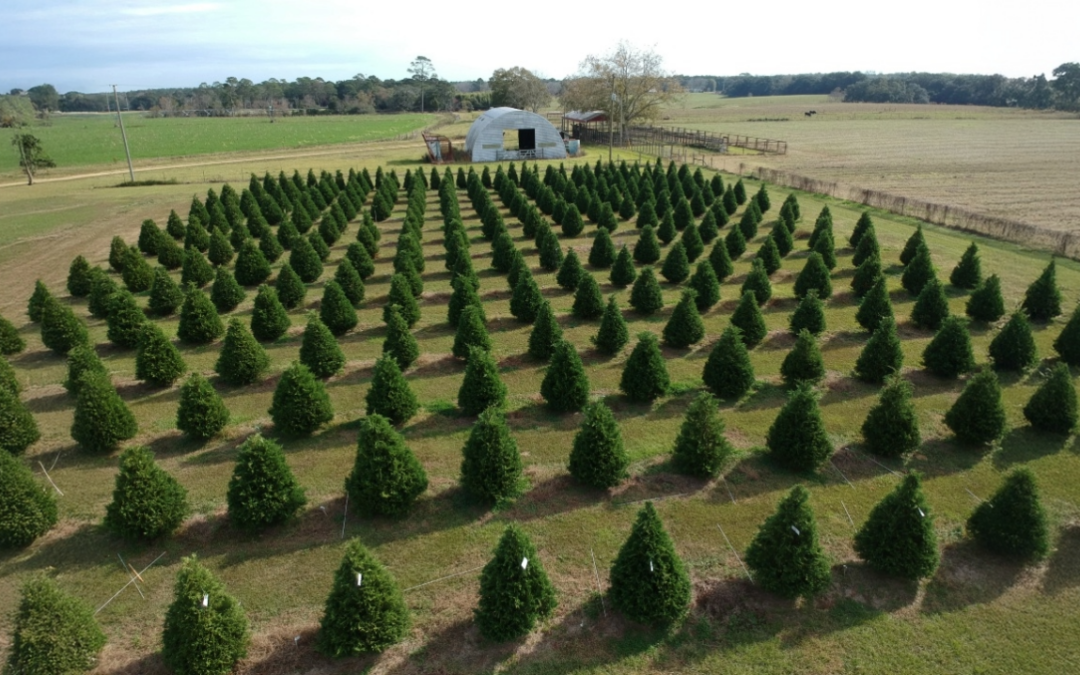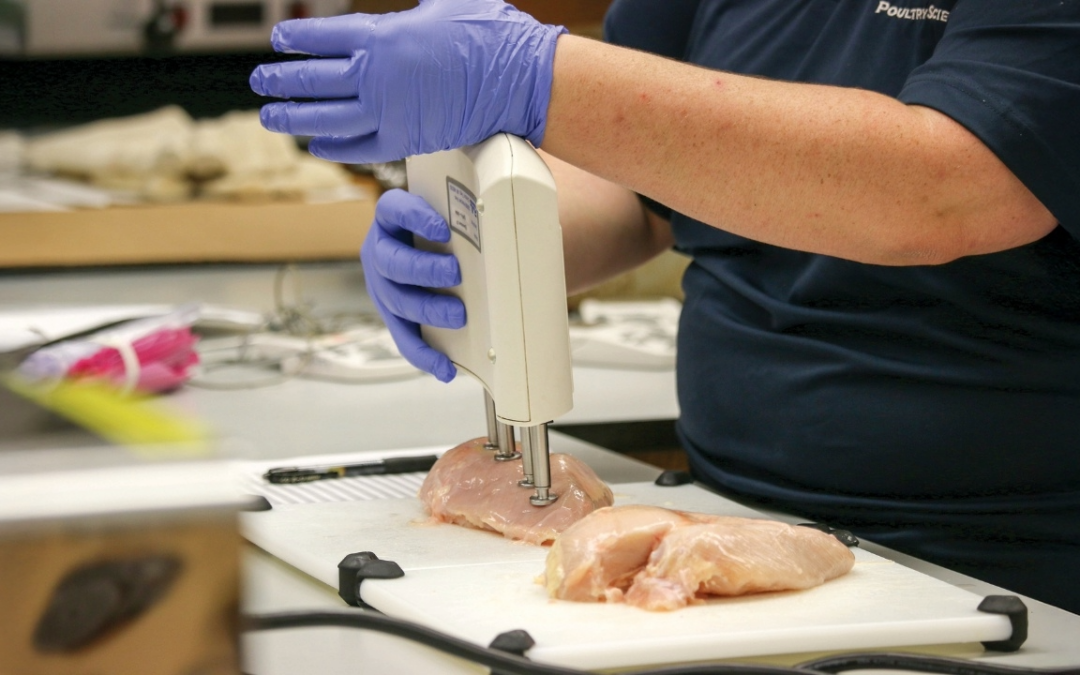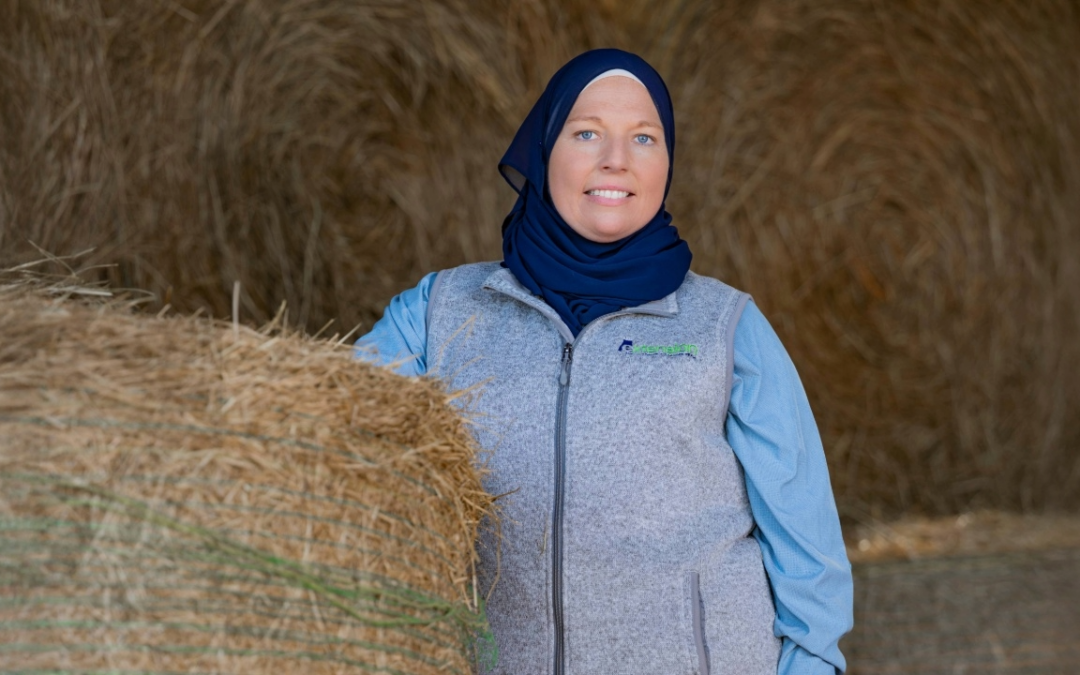Auburn University plant pathology professor Kira Bowen’s major scientific accomplishments in the field of plant disease epidemiology have earned her two of the Penn State University College of Agricultural Sciences’ highest honors: a 2017 Outstanding Alumni award and induction into the college’s Armsby Honors Society.
Bowen, a 1980 Penn State plant sciences graduate, is entering her 30th year on the Auburn Department of Entomology and Plant Pathology faculty, where her research program on peanut aflatoxin has had a direct impact on peanut and corn production and on consumers in the U.S. and abroad. Much of her work has been funded by the more than $1 million in research grants she has garnered at Auburn.
In addition to her research, Bowen is a noted teacher and mentor and has received numerous honors, including Auburn’s Outstanding Graduate Faculty Award. She also is an editor for the journal Plant Disease and is vice president of the American Phytopathology Society.
Bowen holds a master’s degree in plant pathology from the University of Minnesota and a doctorate in the same from the University of Illinois.
The Outstanding Alumni award is the highest given by Penn State’s College of Agricultural Sciences and recognizes high-achieving alumni who have notable professional accomplishments and who bring distinction to themselves, the college and the university. The Armsby Honors Society salutes alumni whose service, scholarship, teaching and philanthropy show a strong commitment to the college and the alumni society.





